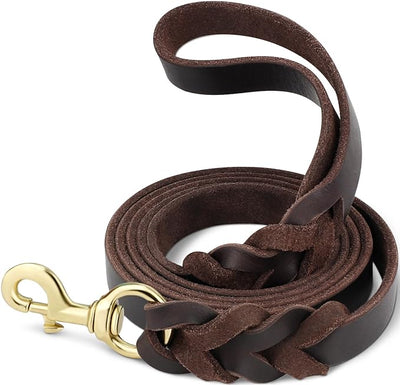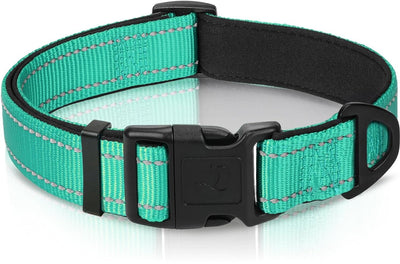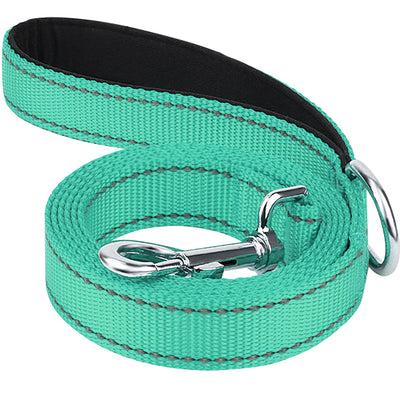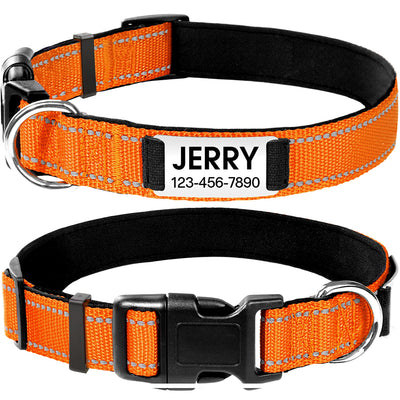
Providing optimal care for our furry companions is a responsibility that every pet owner takes seriously. One common question that often arises is whether it is advisable to take away water from our dogs at night. While opinions on this matter may vary, it's essential to consider various factors to make an informed decision. In this comprehensive guide, we will explore the advantages and disadvantages of restricting water access for dogs during the night, aiming to help you make the best choice for your canine friend's well-being.
Hydration Needs
Hydration is crucial for dogs to maintain their overall health and well-being. Learn why dogs require a constant supply of fresh water, how it supports bodily functions, regulates body temperature, aids digestion, and prevents dehydration. Get insights into the potential risks of restricting water access at night, particularly during warmer months or for dogs with specific health conditions. Prioritize your dog's hydration needs with practical tips to ensure water is readily available throughout the day and night.
House Training Considerations
House training your puppy or dog requires careful planning. Discover effective strategies to manage house training while maintaining proper hydration. Learn how to gradually limit water access at night, ensuring your dog has sufficient water intake during the day. Consult with a professional dog trainer to establish a suitable schedule that accommodates your dog's training needs while still meeting their hydration requirements. Find expert advice and practical tips to strike the right balance.
Health Conditions
Certain health conditions, such as kidney disease or urinary issues, may require monitoring and regulation of water intake. Gain insights into the importance of customized care for dogs with specific health conditions. Understand why consulting with a veterinarian is crucial to receive accurate guidelines regarding water restriction. Discover alternative measures to maintain hydration, such as providing smaller, frequent water portions throughout the day or exploring wet food options. Prioritize your dog's health with expert recommendations.
Nighttime Urination
Excessive urination at night could indicate an underlying health issue. Learn why restricting water may not be the best solution and the importance of consulting a veterinarian. Understand the potential causes of increased urination, such as urinary tract infections or diabetes. Discover how addressing the root problem is key to resolving nighttime urination concerns. Receive practical tips on managing nighttime bathroom breaks without compromising your dog's hydration needs.
Individual Dog's Needs
Every dog is unique, and their water requirements may vary based on factors such as age, size, activity level, and overall health. Learn to observe and understand your dog's behavior, thirst cues, and overall well-being. Recognize the signs of excessive thirst, lethargy, or dehydration and their implications for your dog's health. Discover the importance of personalized care and how consulting with a veterinarian can provide tailored advice based on your dog's specific needs.
Conclusion
Determining whether to restrict water access for your dog at night is a decision that requires careful consideration. This comprehensive guide has provided insights into various factors to help you make an informed choice. Prioritize your dog's hydration needs while considering house training, health conditions, nighttime urination, and personalized care. Remember, your dog's health and happiness should guide your decision-making process, ensuring they receive the care they deserve around the clock.
Relevant: Houndgames, SpiritDog





